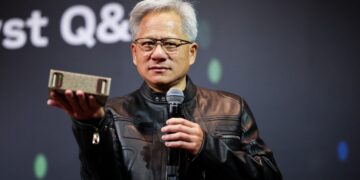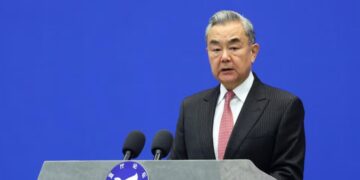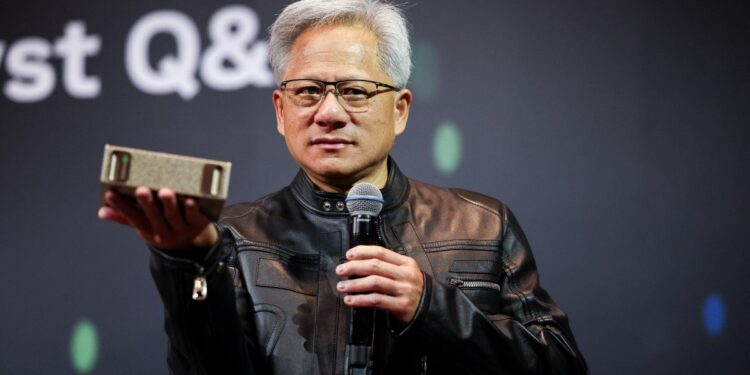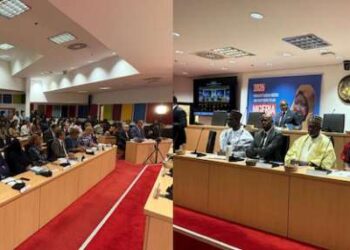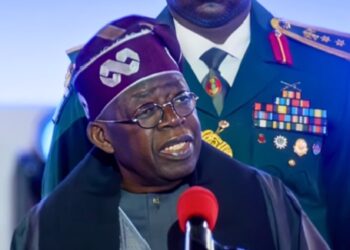By Emmanuel Nduka
US tech giant Nvidia has announced it will resume sales of its H20 artificial intelligence chips to China, following a green light from Washington to reapply for export licenses that had previously been restricted.
The California-based semiconductor firm, known for producing some of the world’s most advanced chips, had halted exports of its H20 GPUs due to US government restrictions aimed at preventing the Chinese military from accessing high-end AI technologies.
In a statement issued Tuesday, Nvidia confirmed it is now “filing applications to sell the Nvidia H20 GPU again,” adding that “the US government has assured Nvidia that licences will be granted,” with deliveries expected to begin soon.
Nvidia developed the H20 chip as a scaled-down version of its high-performance AI processors, tailored specifically to comply with US export regulations.
The product’s rollout was disrupted earlier this year when the Trump administration tightened licensing requirements.
Speaking in a video published by Chinese state broadcaster CCTV, Nvidia CEO Jensen Huang said, “The US government has approved for us to file licenses to start shipping H20s, and so we will start to sell H20s to the Chinese market.”
“I’m looking forward to shipping H20s very soon, and so I’m very happy with that very, very good news,” Huang added.
Zhang Guobin, founder of Chinese tech site eetrend.com, told AFP the resumption of sales would likely lead to “substantial revenue growth” for Nvidia and help mitigate the losses caused by the earlier export ban.
He also noted the move could help ease trade tensions affecting the global semiconductor supply chain, though he warned that US policy unpredictability might limit the long-term stability of such permissions.
Despite renewed access to the Chinese market, Zhang said local companies would continue investing in domestic chip development, given the history of sudden regulatory shifts.
Nvidia’s CEO is expected to attend a major international supply chain expo in Beijing on Wednesday, his third visit to China this year, according to Chinese media.
China remains a critical market for Nvidia, although the company now faces increased competition from homegrown tech giants like Huawei, especially amid rising US-China trade tensions. Beijing has criticized Washington’s export controls as efforts to stifle its technological advancement.
During a visit to China in April, Huang met with Chinese Vice Premier He Lifeng and expressed confidence in the Chinese economy. According to Xinhua, Huang said he was “willing to continue to plough deeply into the Chinese market and play a positive role in promoting US-China trade cooperation.”
Amid ongoing economic challenges and a slowing property market, Chinese President Xi Jinping has urged greater self-reliance in technology. Meanwhile, reports earlier this year suggested Nvidia was planning to establish an R&D center in Shanghai, though the company and city officials have yet to confirm the development.
China’s economy grew by 5.2% in the second quarter of 2025, buoyed by export strength despite lingering trade tensions.
